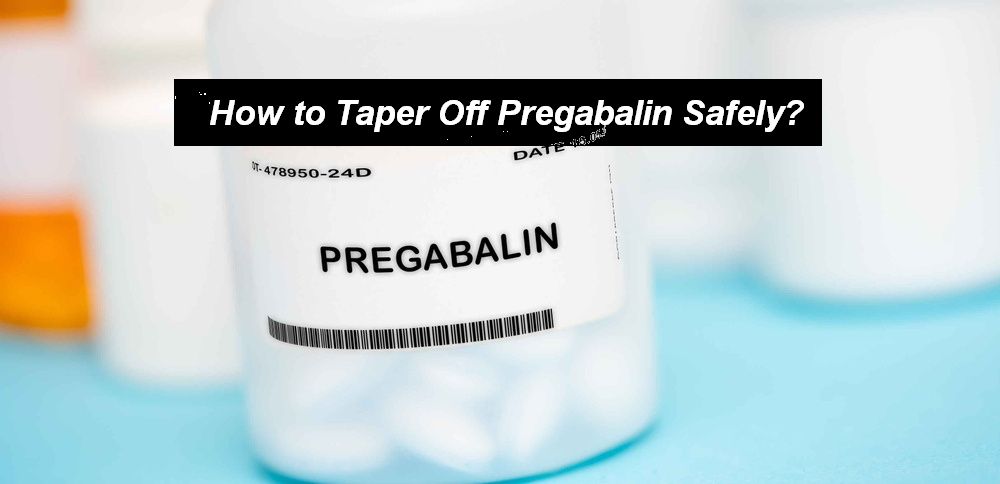Pregabalin is a prescription medication used to treat nerve pain, epilepsy, and anxiety disorders. It belongs to a class of drugs known as anticonvulsants. While effective, stopping Pregabalin abruptly can lead to withdrawal symptoms. A gradual reduction in dosage is the safest way to discontinue its use.
Why You Should Taper Off Pregabalin Gradually
Suddenly stopping Pregabalin can cause withdrawal symptoms such as insomnia, anxiety, nausea, sweating, and dizziness. These effects can be uncomfortable and may increase the risk of relapse. Gradually tapering the dose allows the body to adjust and reduces withdrawal severity.
Understanding Pregabalin 300mg Capsules
Pregabalin 300mg Capsules are one of the highest available doses prescribed for severe nerve pain and epilepsy. If you are taking this dosage, it is crucial to taper off under medical supervision. Your doctor may recommend a slow reduction over several weeks to prevent withdrawal symptoms.
Steps to Safely Reduce Pregabalin Dosage
1. Consult Your Doctor Before Tapering
Before making any changes to your medication, speak with your doctor. They will assess your condition and create a personalised tapering plan. Attempting to stop on your own can be risky, especially at higher doses.
2. Follow a Slow and Steady Reduction Plan
Doctors often suggest reducing Pregabalin by 10% to 25% every week or two. If you experience withdrawal symptoms, they may slow the process. The goal is to make the transition as smooth as possible without causing discomfort.
3. Monitor for Withdrawal Symptoms
Mild withdrawal symptoms like headaches, restlessness, and nausea may occur during tapering. Severe symptoms such as panic attacks and heart palpitations require immediate medical attention. If symptoms worsen, your doctor may adjust your tapering schedule.
How Long Does It Take to Stop Pregabalin?
The duration of the tapering process depends on the starting dose and individual response. Some people may need several weeks, while others require months. A slow and steady approach ensures a safer transition.
Tips to Manage Withdrawal Symptoms
1. Stay Hydrated and Eat a Balanced Diet
Drinking plenty of water and eating nutritious meals can support your body during withdrawal. Avoid caffeine and alcohol, as they may worsen symptoms.
2. Engage in Light Physical Activity
Regular exercise, such as walking or yoga, helps reduce stress and improves overall well-being. Physical movement also aids in reducing anxiety and restlessness.
3. Practise Relaxation Techniques
Deep breathing exercises, meditation, and mindfulness can help manage anxiety and improve sleep. Stress management is essential during this period.
What to Do If You Experience Severe Withdrawal Symptoms?
Severe withdrawal symptoms require immediate medical attention. Do not attempt to speed up the process if you feel unwell. Contact your healthcare provider for guidance. They may adjust the tapering schedule or provide additional support.
Can You Stop Pregabalin Abruptly?
Stopping Pregabalin suddenly is not recommended. It can lead to severe withdrawal symptoms, including seizures in individuals using it for epilepsy. A gradual reduction is the safest way to discontinue its use.
Final Thoughts
Tapering off Pregabalin safely requires careful planning and medical supervision. Pregabalin 300mg Capsules should never be stopped abruptly due to the risk of withdrawal symptoms. A slow and controlled tapering schedule, along with lifestyle adjustments, can make the process more manageable. If you need assistance with reducing your dosage, consult your doctor for a personalised tapering plan.
For more information on Pregabalin and other medical supplies, visit Online Medical Supply UK.



